my mother always says 'no one is helping me, I have to do all the works'. But when I offer help, she says 'Come after all works are finished. No thanks. Please go etc.., in a scolding manner
11 Tricks to Teach Your Kids Responsibility From a Young Age

Bright Side knows that dependable children make parents proud, so we looked for ideas that could help while teaching your kids about being responsible.
1. Let them clean up on their own.
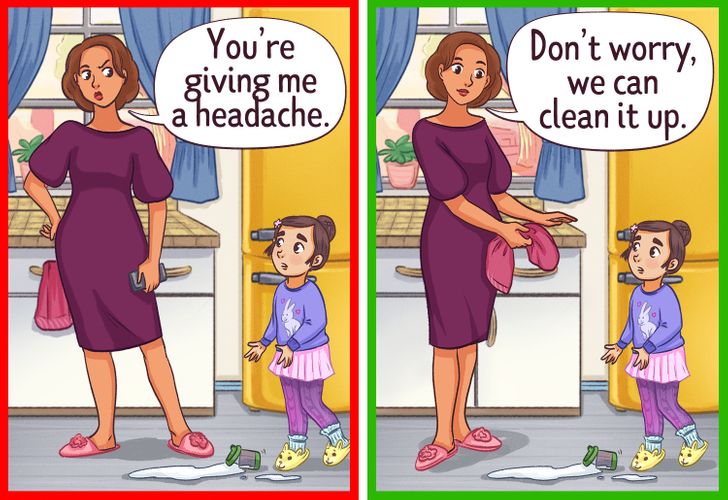
When your kid spills milk on the floor, consider it an opportunity to teach them about taking responsibility. Remind them that it’s okay as long as they can clean up after themselves. Hand them a paper cloth and teach them how to do it instead of getting angry.
2. Be a model of a responsible person.
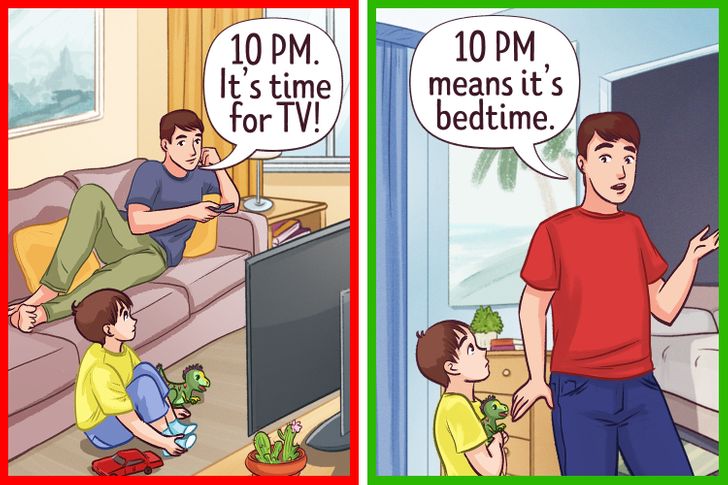
Kids are always watching what you do, and they often imitate your actions. If they see that you are always helpful, there’s a good chance that they’ll also pick up this habit. Being a positive role model helps them to be responsible just by being around you.
3. Give them chores that are appropriate for their age.
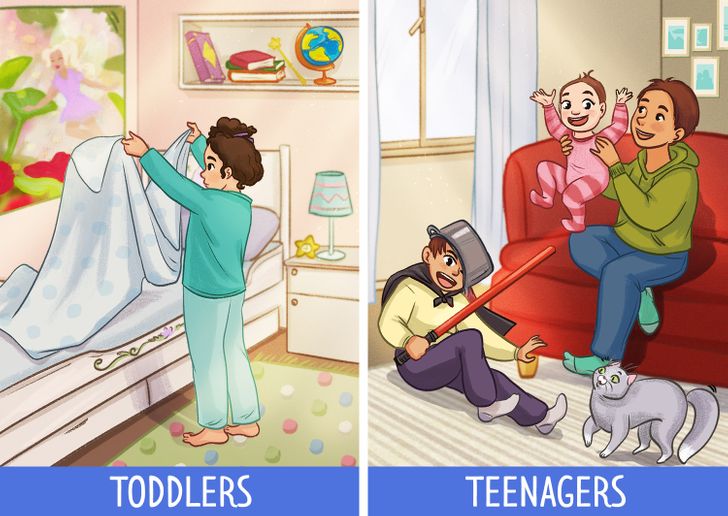
4. Don’t overload them with tasks.
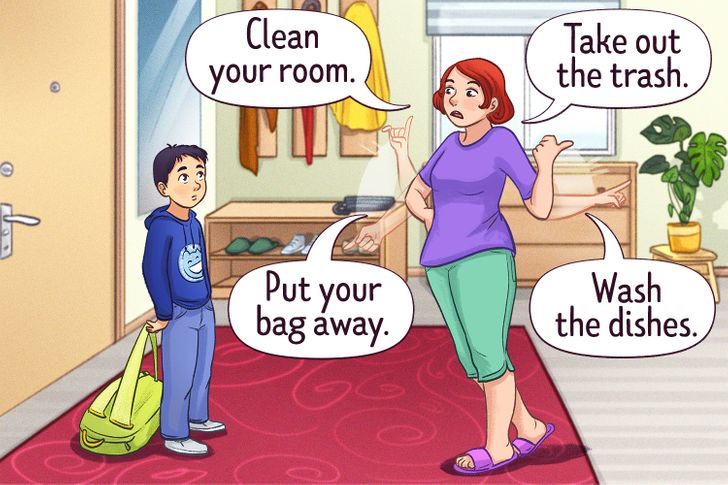
Giving your kids too many tasks to do at once might be overwhelming for them. Make sure to give them enough time for themselves and not let them feel too much pressure to complete their tasks. For example, you can divide bigger chores, like clearing the dinner table and washing dishes, to just clearing the table. You can add more as they gradually master their assigned tasks.
5. Let them know that everyone makes mistakes.
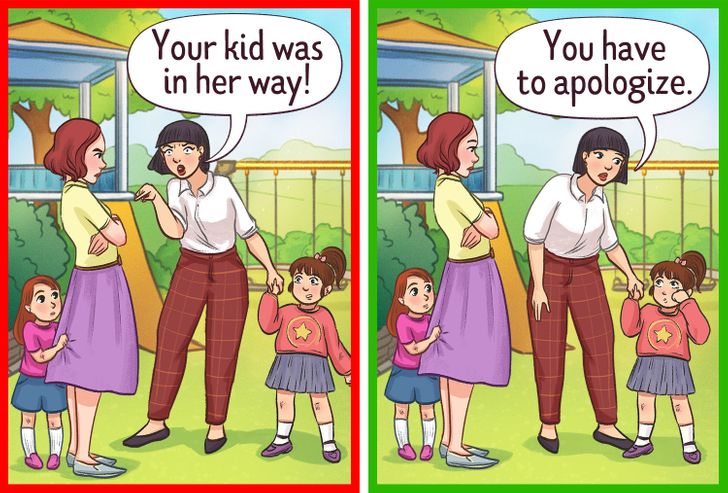
Psychologist Kate Roberts, Ph.D. says that a lot of “kids this age don’t understand that everybody makes mistakes.” Wait until you or your kids have calmed down before discussing their mistake. Also, resist the urge to criticize or punish until you’ve heard their side of the story.
6. Accept help when they offer it to you.
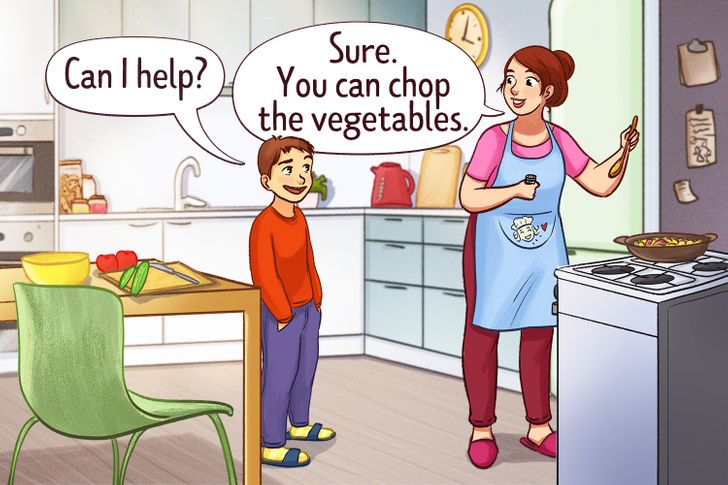
Gladly accept help when your kids offer it, even if it’s faster to do it on your own. This allows them to feel the satisfaction of contributing and helping others. It’s also a good way to bond with your children.
7. Acknowledge and appreciate their efforts.
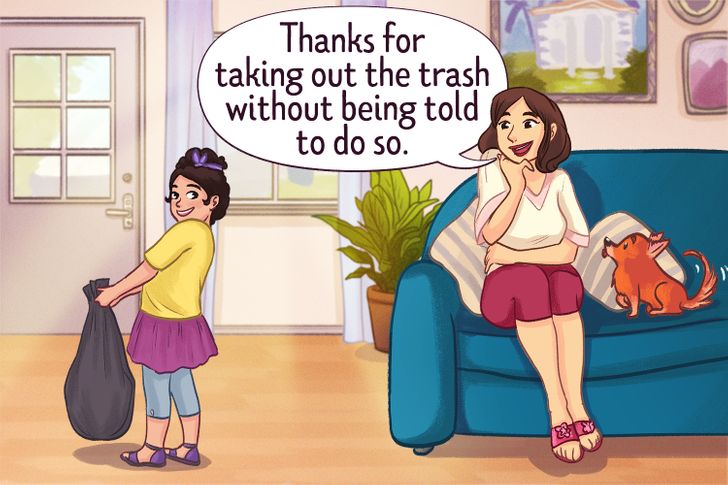
It’s a good thing to express gratitude to your child when they do something good. Even at times when they fail at completing their tasks, you should still acknowledge their efforts and encourage them to do better next time.
8. Be mindful when giving rewards.
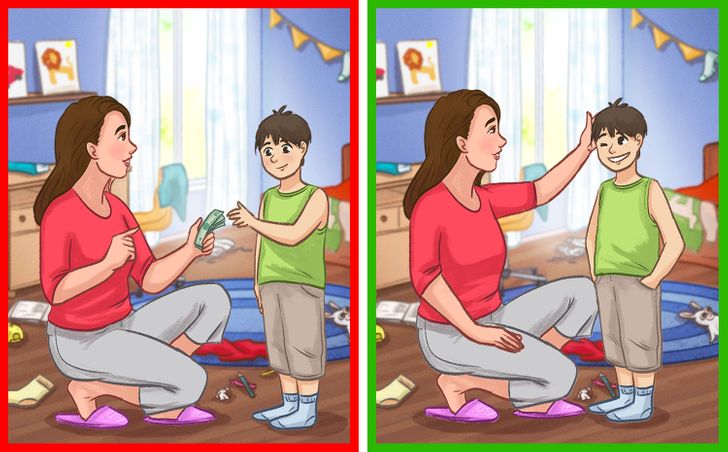
Your children should be rewarded for doing a good deed, not the other way around. Handing out material rewards all the time could result in the overjustification effect. As much as possible, avoid giving “bribes” to motivate them to do chores.
9. Encourage honesty at all times.
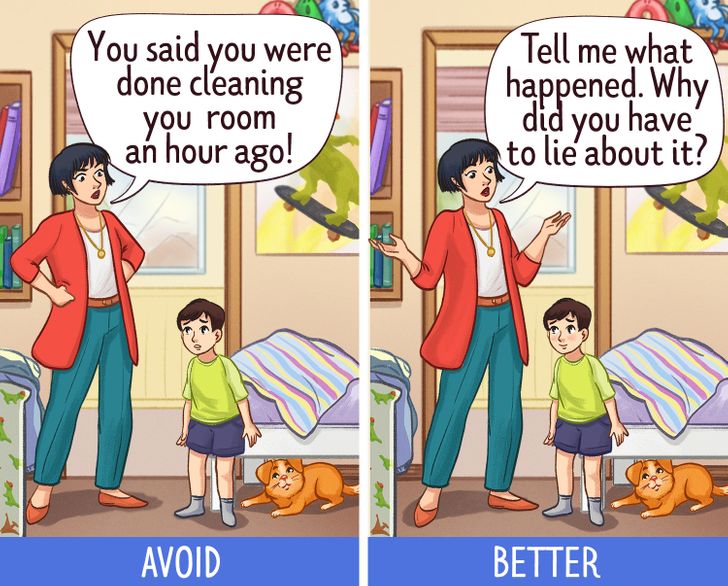
Lying could become a problem, especially if it becomes a habit. If you catch your child telling an obvious tall tale, calmly let them know that you’re onto them. Assure your child that they can safely tell the truth and discuss serious issues in your presence.
10. Gently remind them of their priorities.
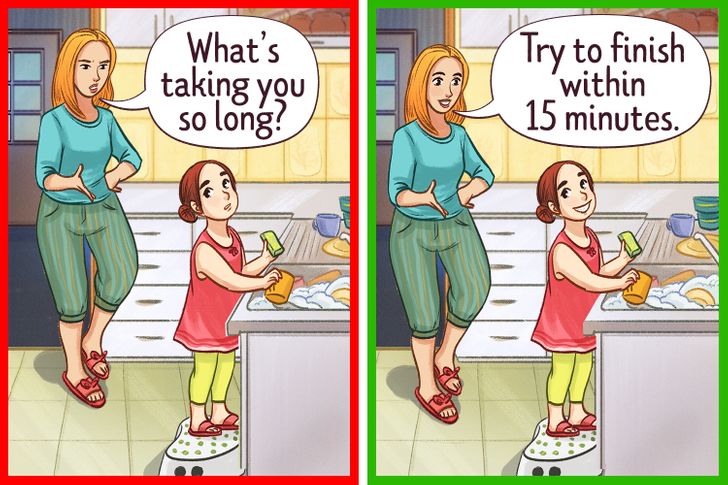
When you realize that your kid has still not finished something that they were supposed to do, remind them properly and avoid nagging them. Keep a watchful eye, but resist asking why they still haven’t finished almost every minute. Even adults don’t like that.
11. Never tell your child that they’re “irresponsible.”
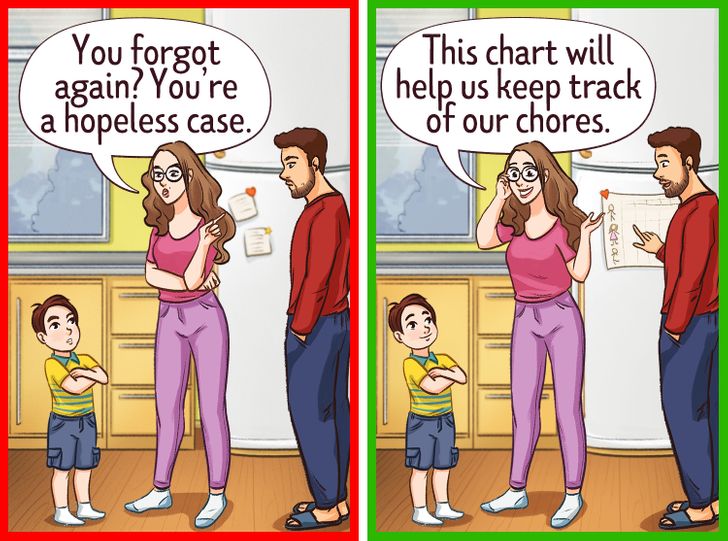
Telling your kid that they’re irresponsible is almost a self-fulfilling prophecy. There are better ways to talk your child into becoming more responsible. To remind them of their to-dos, even if you are away, try writing them down or place a reminder on their phone.
Do you have your very own secret techniques for teaching responsibility?
Comments
my dad loves cooking and it's thanks to him I know how to make delicious dishes. He was always so happy when I offered my help ❤
Related Reads
6 Ways the Word “No” Builds Strong Personalities
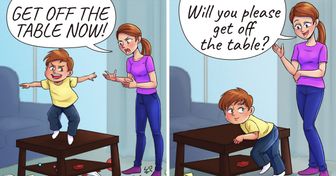
15 Double-Standards That Can Even Ruin Relationships in Perfect Families
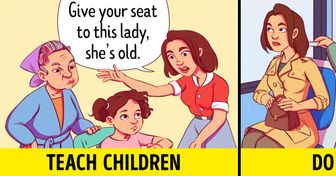
10 People Share Stories From Their Jobs That We Probably Aren’t Supposed to Know

I Refuse to Let My MIL Dictate How We Raise Our Child

I Refused to Knit My Coworker a Free Blanket, and Now HR Is Involved
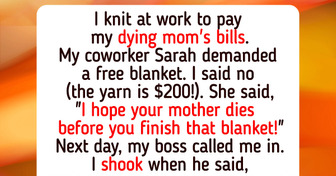
13 Stories of Quiet Kindness That Show Superhuman Strength in Ordinary People

16 Moments That Show Kindness Is the Quiet Courage the World Needs
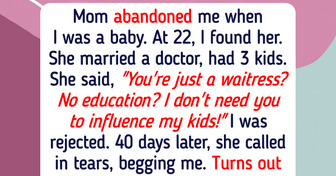
20+ People Who Prove Outsmarting Life Is an Art Form

20+ Stories That Prove Having a Supportive Family Is the Best Safety Net in the World
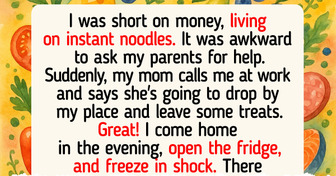
13 Teachers Who Didn’t Just Teach a Subject, They Rescued a Soul
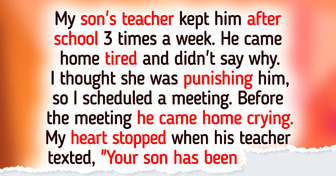
My Neighbor’s Dog Poops in My Yard, but Things Escalated Faster Than I Expected
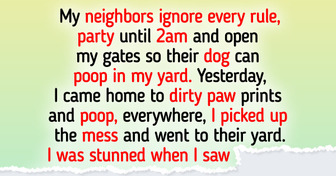
I Refuse to Cook Vegan Meals for My Stepson—And It Turned Into a Nightmare
